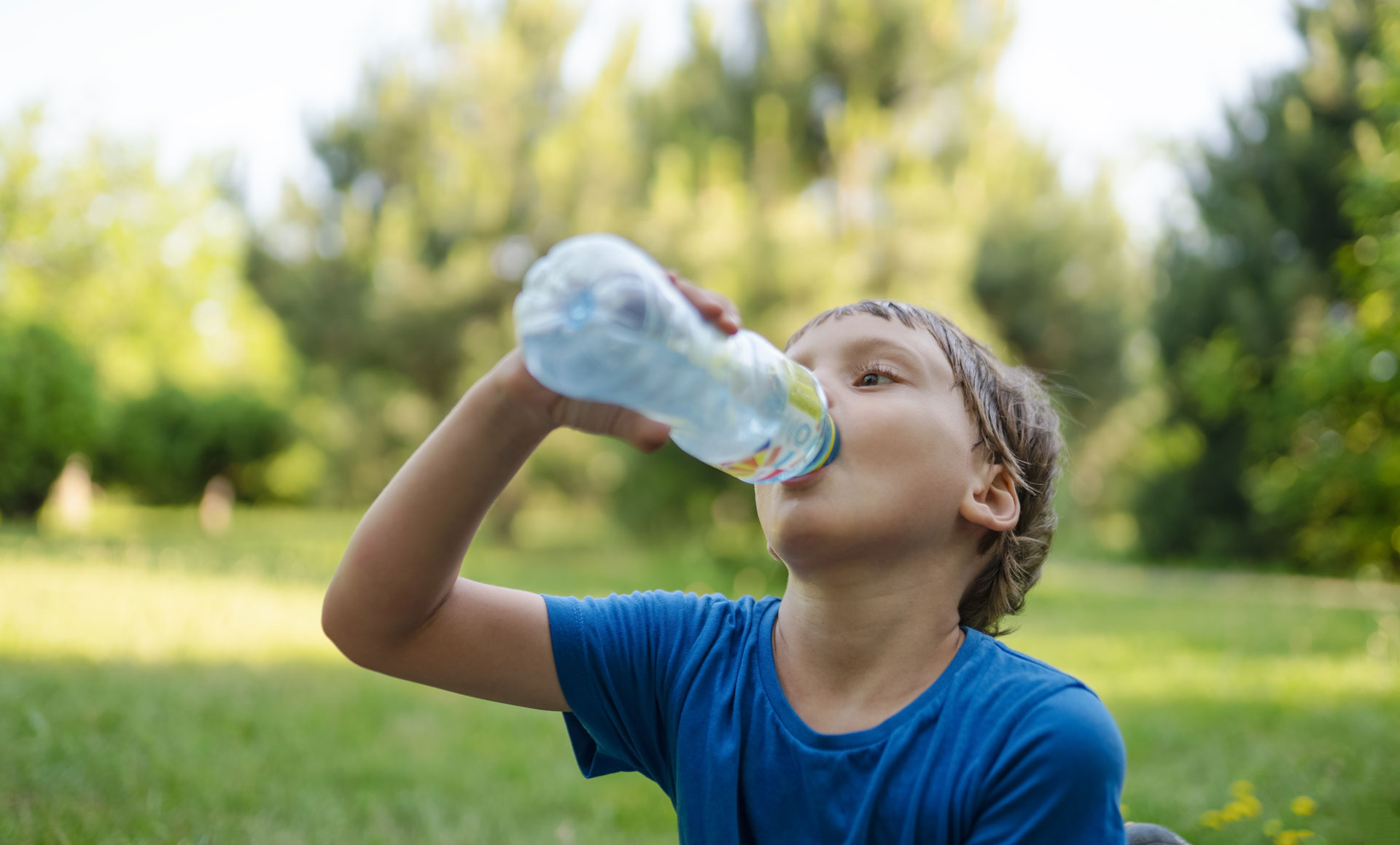As the days grow longer and temperatures soar, it’s essential to pay extra attention to keeping our kids hydrated. Dehydration isn’t just uncomfortable—it can be dangerous, especially for young bodies.
Understanding Dehydration
Dehydration occurs when the body loses more fluids than it takes in, preventing it from performing normal functions. This risk is significantly heightened during the hot summer months for kids, who are often less aware of their hydration needs and more focused on playing than drinking water.
Causes of Dehydration in Kids
Summer brings a spike in outdoor activities and higher temperatures, contributing to rapid fluid loss. Additionally, common summer illnesses like stomach bugs can result in significant dehydration due to vomiting or diarrhea. Understanding these risks is key to prevention.
Signs and Symptoms of Dehydration
Keep an eye out for the initial signs of dehydration, such as a dry mouth, thirst, and decreased urine output. If a child loses fluid without adequate replacement, more severe symptoms can develop, including dry skin, dizziness, and fatigue. In critical cases, you may notice sunken eyes, a lack of sweat, and very dark urine, which require immediate medical attention.
Strategies for Prevention
The best defense against dehydration is ensuring regular fluid intake. Kids need varying amounts of water depending on their age, weight, and the level of physical activity. A good rule of thumb is to encourage drinking water every 20-30 minutes during outdoor activities and to always have water available during meals and throughout the day.
According to waterdrop.com, the recommended daily fluid intake for children is:
- 1-4 years: 28 oz
- 4-7 years: 32 oz
- 7-10 years: 33 oz
- 10-13 years: 40 oz
Suitable Drinks for Hydration
Water is the best option for staying hydrated. Limiting or avoiding sugary drinks like soda or fruit juices can be beneficial, as they can actually increase the risk of dehydration. A balanced electrolyte drink can be helpful for kids engaged in prolonged physical activity, but these should be used sparingly.
Hydration Tips for Different Age Groups
Each age group has unique needs when it comes to hydration:
- Infants: They typically get enough fluids from breast milk or formula, but in very hot climates, they might need additional water once they start eating solid foods.
- Young children: Make hydration fun using colorful cups or straws, and set a good example by drinking plenty of water yourself.
- Older children: Teach them to listen to their bodies, hydrate whenever they feel thirsty, and carry a water bottle to school and sports activities.
Role of Parents and Guardians
As parents, it’s essential to actively monitor your child’s hydration. This can mean offering fluids at regular intervals, especially if your child is too young or too distracted to ask for water themselves. Educating your kids about the importance of drinking water and recognizing the signs of dehydration is also crucial.
When to Seek Medical Help
If your child shows signs of severe dehydration, such as rapid breathing or pulse, extreme fatigue, or fainting, seek medical help immediately. Dehydration can usually be reversed with increased fluid intake, but severe cases may require medical treatments such as oral rehydration solutions or intravenous fluids.
Staying vigilant about hydration is a simple yet effective way to ensure your child enjoys a healthy, active summer. Remember, prevention is critical when it comes to dehydration.
If you have concerns about your child’s hydration or need more tailored advice, don’t hesitate to contact us at Community Choice Pediatrics. Visit our website to schedule a consultation and ensure your little ones are well-hydrated for fun in the sun. Let’s keep our kids safe and hydrated so they can make the most of their summer fun!

